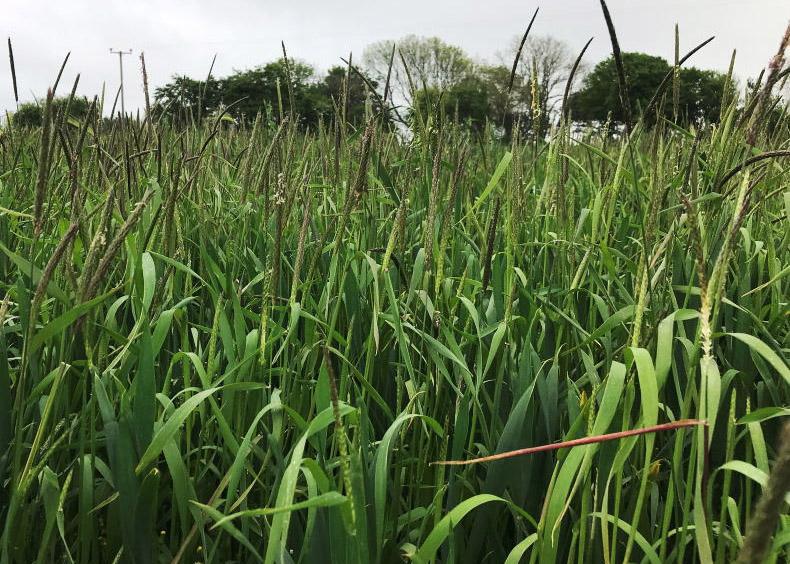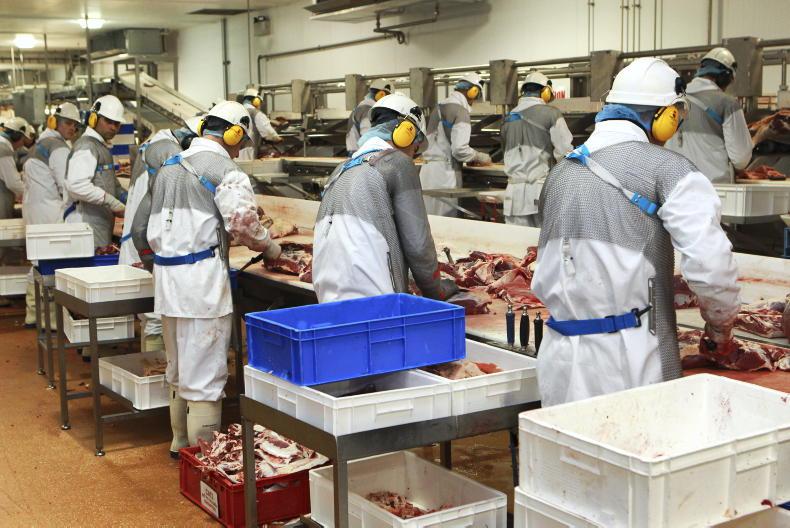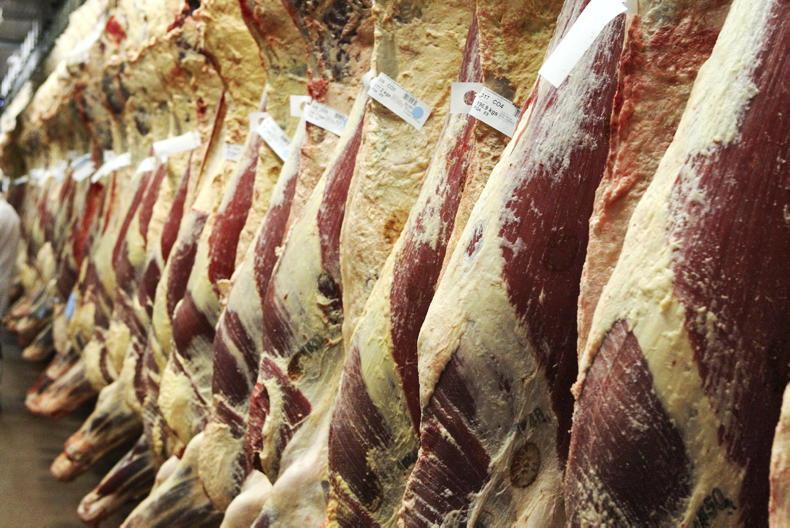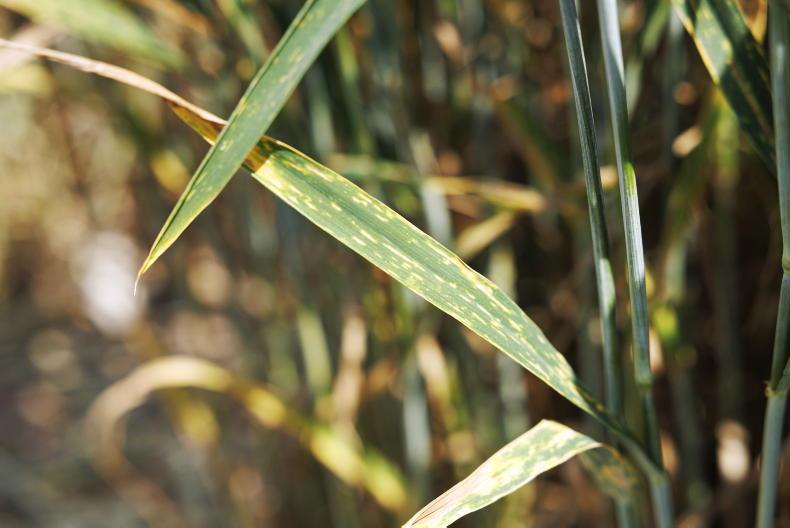Teagasc director Professor Frank O’Mara has urged farmers to take stock of their costs and attempt to control what they can inside the farm gate to leave themselves better prepared for income volatility.
O’Mara spoke after the publication of the 2023 National Farm Survey which confirmed that farm incomes fell by an average of 57% across all sectors, driven by even sharper reductions on dairy and tillage farms.
The report stated that farm inputs remained stubbornly high while farm output declined and most farmgate prices fell.
“Volatility is nothing new for farming and farm incomes but for 2023, we did see massive swings from very high levels in dairy and tillage for 2022 to a massive drop in each of those sectors,” he told the Irish Farmers Journal on Tuesday.
Keeping a check on purchased feed and fertiliser will see farmers better equipped to face down rising input costs, the Teagasc head said.
Key tools
Targeted slurry spreading, incorporating clover and appropriate stocking rates are among the key tools singled out by O’Mara that farmers have to reduce their bills.
“Fertiliser, at least, has come back to somewhat manageable levels, but that does not mean that you should take the focus off using it as sparingly and judicially as possible.
“We obviously need fertiliser to maintain soil fertility and grow crops but the first port of call for livestock farmers in terms of nutrients should be organic manures, the slurry and farmyard manure produced on their own farms.
“You should be matching the size of your livestock herd with the grass growing potential of your farm and if you are carrying too much stock, it means you are buying in too much feed at a time when that feed is expensive. Well, your profit is going to suffer very, very significantly.”
Read more
Average farm income fell almost 60% in 2023 – Teagasc
Teagasc director Professor Frank O’Mara has urged farmers to take stock of their costs and attempt to control what they can inside the farm gate to leave themselves better prepared for income volatility.
O’Mara spoke after the publication of the 2023 National Farm Survey which confirmed that farm incomes fell by an average of 57% across all sectors, driven by even sharper reductions on dairy and tillage farms.
The report stated that farm inputs remained stubbornly high while farm output declined and most farmgate prices fell.
“Volatility is nothing new for farming and farm incomes but for 2023, we did see massive swings from very high levels in dairy and tillage for 2022 to a massive drop in each of those sectors,” he told the Irish Farmers Journal on Tuesday.
Keeping a check on purchased feed and fertiliser will see farmers better equipped to face down rising input costs, the Teagasc head said.
Key tools
Targeted slurry spreading, incorporating clover and appropriate stocking rates are among the key tools singled out by O’Mara that farmers have to reduce their bills.
“Fertiliser, at least, has come back to somewhat manageable levels, but that does not mean that you should take the focus off using it as sparingly and judicially as possible.
“We obviously need fertiliser to maintain soil fertility and grow crops but the first port of call for livestock farmers in terms of nutrients should be organic manures, the slurry and farmyard manure produced on their own farms.
“You should be matching the size of your livestock herd with the grass growing potential of your farm and if you are carrying too much stock, it means you are buying in too much feed at a time when that feed is expensive. Well, your profit is going to suffer very, very significantly.”
Read more
Average farm income fell almost 60% in 2023 – Teagasc










SHARING OPTIONS